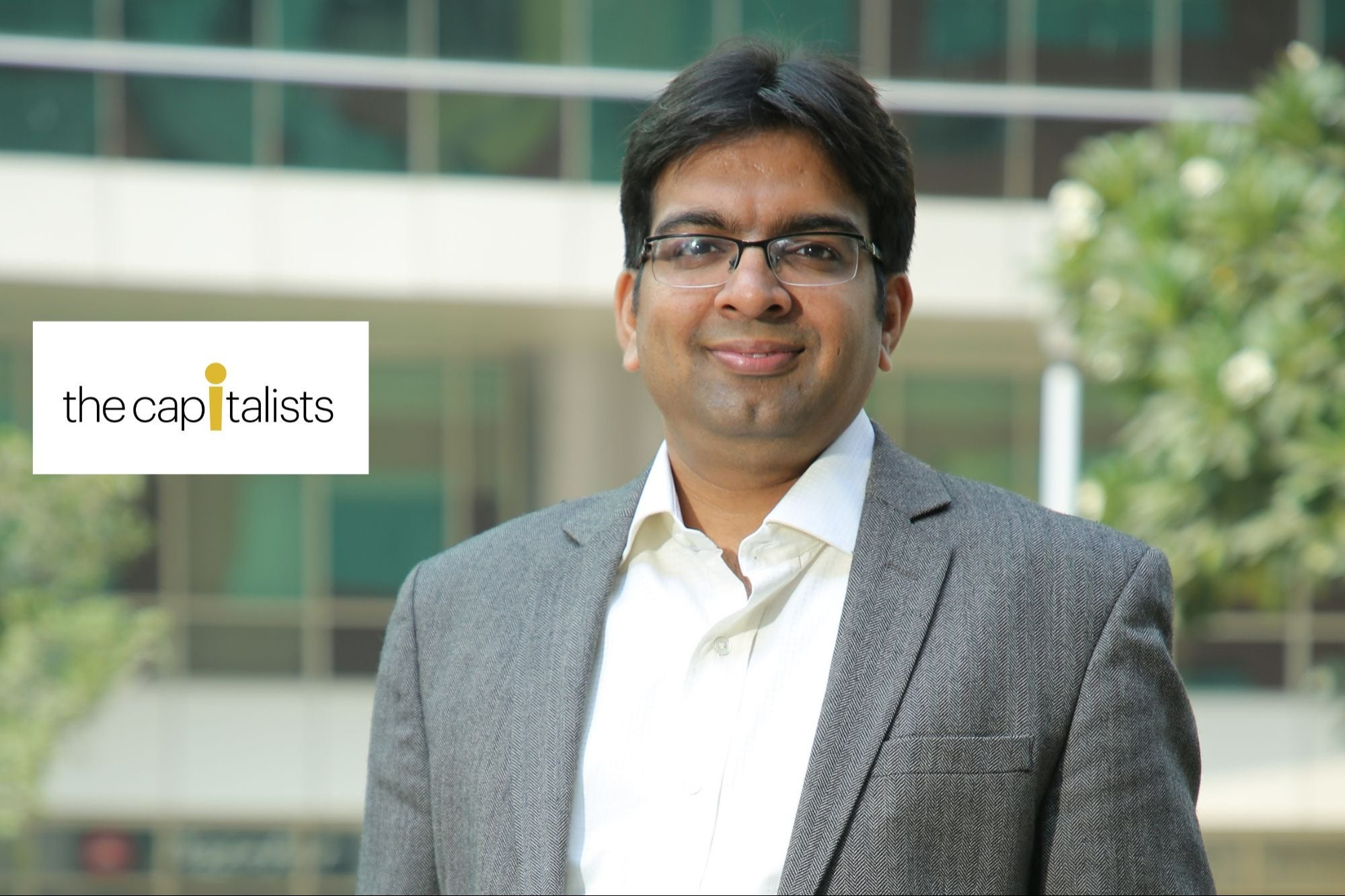#5 Ways Companies Can Hire and Engage Next-Gen TalentYounger generations want to work for organizations with an ethos they can get behind.
ByPallavi Jha•
Opinions expressed by Entrepreneur contributors are their own.
You're reading Entrepreneur India, an international franchise of Entrepreneur Media.

Millennials and Generation Z have quickly become the most important workforce demographics – in fact, we can safely say that organizations who are not optimizing their hiring and retention strategies for Millennials and Gen Z are putting themselves at a competitive disadvantage. The business case to change workplace culture to attract and retain younger talent is quite clear - organizations that understand this will win.
1. Have a Great Employer Brand
Younger generations want to work for organizations with an ethos they can get behind. While prospecting for suitable job roles, they will scrutinize an organization's culture, story, mission, values, and how it gives back to society. To attract savvy young talent, optimize your employer branding strategy and ensure that you're communicating the right message to candidates before they join your team. Having a strong employer brand doesn't just attract more, higher quality candidates, it also aids in reducing attrition.
2. Get Social
In order to hire next-generation talent, network with young professionals across multiple touchpoints. According to GlassDoor, two-thirds of millennials say they find job opportunities through friends and job boards. Successful recruiting in this demographic equals engaging where they're already active, ie. social media, university groups, career services and recommendations.
Young talent spends massive portions of their day consuming information online, particularly on social. As an employer, having a social presence is a great means for you to "sell' your company to potential next-gen candidates. Once on social, consider content that will appeal to this audience like the company culture, employee recognition, etc.
3. Work-Life Balance
One of the defining characteristics of next-generation talent is their focus on work-life balance. Flexible working environments will appeal more, and it might prove to be more expedient for the organization's emphasis to be on final results rather than constraining this audience to certain working hours.
4.人才发展战略
An L&D strategy to develop your younger talent would serve you well in terms of retaining them. According to Dale Carnegie's "Igniting Millennial Engagement' study where half the participants were millennials and the other half were older, non-millennials; the former were significantly more likely to be engaged than older generations. Millennials who were also Dale Carnegie Training graduates were significantly engaged.
Additionally, "Workforce of the Future', a study on millennials in the workplace by PwC, 44% of millennials claimed that competitive compensation was a motivating factor when considering new job prospects – but a whopping 52% cited learning and growth opportunities.
5. Maintain a Culture of Transparency
Younger generations want full disclosure about the organization's goings on – they want to be treated as an equal stakeholder in its hurdles, successes, and achievements. How much revenue did we achieve this month? What are management's plans for the future? They prefer to know every detail in order to get the whole picture and make informed decisions about their career as a whole, as well as their growth in the organization.












